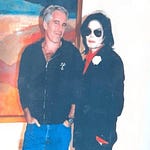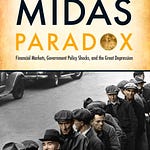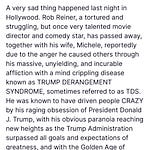Inez joins me one day early this week, as she’s traveling on Thursday.
We talk about the coming decision in Students for Fair Admissions v. Harvard, wondering what the more moderate decisions of the Court over this term imply for what it will do about affirmative action. The way I see it, the previous cases indicate that either the justices have been chastened by Dobbs or that they’re building good will to finally strike down affirmative action.
The second half of the podcast revolves around unlovable men, and how hard life is for them. Inez and I seem to agree a good bit on sex roles, male/female differences, and where society has gone wrong. I talk about the shift from PUA to incels in our culture, and how that reflects a more general increase in mental illness over the last decade and a half. I also express my discomfort with the idea of turning low status men into a new identity group that we need to have compassion towards. Conservatives usually understand how self-defeating and limiting such an approach can be in other contexts. We get into the pluses and minuses of putting the focus on individuals changing their behavior versus more systematic efforts. I recommend people here read my article How I Overcame Anxiety if you haven’t already.
Listen here or watch on YouTube.
Links:
Me, thread on the impacts of getting rid of affirmative action in California and Michigan
SCOTUS getting its liberal rulings out of the way?
William Deresiewicz, “Unfuckable Hate Nerds” (Tablet)












